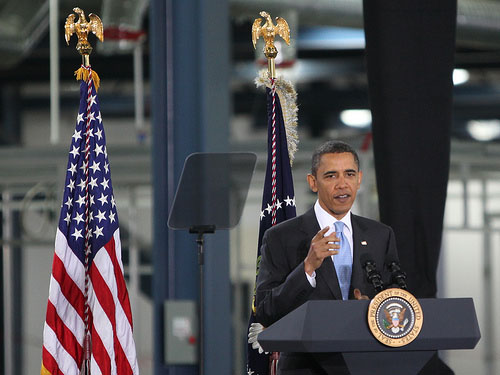
In international relations, there exists diplomatic theater and diplomatic facts. A recent example of theater is the agreement between China and the United States to expand their military exchanges and bilateral scientific contacts. The reality, however, is something quite different. The US Department of Defense, for example, continues to comply with the National Defense Authorization Act of 2000, which forbids any contact with People’s Liberation Army (PLA) staff members that might result in the “inappropriate exposure” of key US operational plans, dispositions or activities. China’s astronauts, in turn, remain banned from the International Space Station and, more recently, its scientists were prohibited from attending an academic conference at NASA’s Ames Research Center.
At the heart of these prohibitions is the US Congress. Over the past few years it has thwarted the funding for joint Sino-American projects; it has voiced concerns about the potential theft of US space technology; and it played a key role in terminating an exchange program that helped facilitate Sino-America dialogue on the Comprehensive Test Ban Treaty (CTBT). Unsurprisingly, leading American scientists are upset about the missed opportunities that these restrictions represent. Yes, they include missed chances for collaborative research, but they also represent a lost opportunity for each country to gain deeper insights into the long-term strategic interests of each other.
